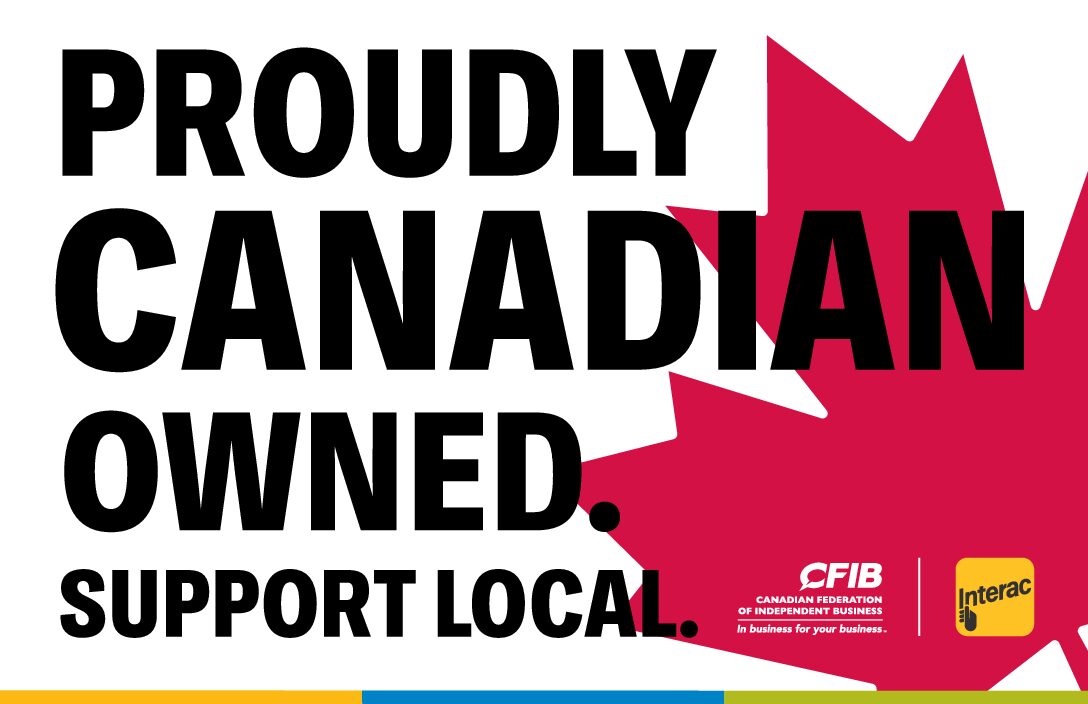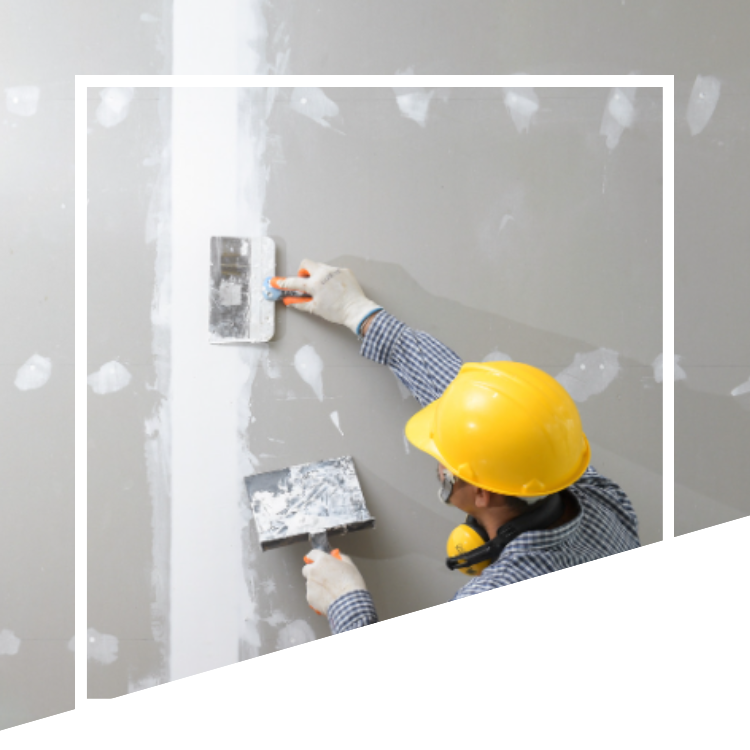We offer a wide range of services for that fresh look, or just maintenance or updates to keep your home functioning and safe. Regardless of the size of the job, we have a craftsman that can tackle it. We offer a wide range of services for that fresh look, or just maintenance or updates to keep your home functioning and safe. Regardless of the size of the job, we have a craftsman that can tackle it.

Drywall / July 6, 2022

Have you ever seen a small, round, raised area on a wall or ceiling inside your home? This is called a nail pop or screw pop, depending on which type of fastener was used to install your drywall. It may look alarming but it is usually a cosmetic issue that does not cause serious structural damage. If nail pops bother you, fixing them is fairly easy for drywall repair in Waterloo.
A few nail pops or screw pops are normal in any new construction or renovation. If you are starting a new drywall project, there are things you can do to prevent nail pops or screw pops.
Screw pops in drywall are much rarer than nail pops. The threads around the shaft of a screw increase the surface area. Once a nail is driven into a piece of wood, the threads grasp the material and hold it there. The shaft of a nail is smooth and there is nothing to hold onto the wood. Therefore, changes in the wood can cause the smooth surface to slip free, which results in nail pops. It is now standard in the construction industry to use screws to fasten drywall rather than nails, and this is one of the most important things you can do to prevent pops.
However, not just any screws will do. You have to make sure that the screws are the right length for the project. Screws that are either too long or too short are more likely to pop. The length you need varies depending on the thickness of the drywall, but if the drywall is between one-half and five-eighths of an inch, you should use screws measuring 1-1/4 of an inch in length.
You may think that the more fasteners you have in your drywall, the less likely they are to pop. In fact, the exact opposite is true: More fasteners set more closely together actually increase the chance of popping. So don’t use more fasteners than you need, and don’t place them closer together than necessary. A general rule is one fastener in each corner of every drywall sheet, two in the field, and then fasteners along the outside edge placed approximately 16 inches apart.
Nail pops and screw pops are more likely when the lumber used for construction has a high moisture content. Eventually, as the lumber dries out, the wood shrinks. The shrinkage can cause nail pops or screw pops along with a host of other problems.
The solution to this problem is to be aware of your lumber’s moisture content before you start your project. Around 14% or less is acceptable and shouldn’t cause any problems with nail pops or screw pops. Once you acquire the lumber, you should protect it from moisture. If you cannot start your project right away and need to store the lumber for a while, you should make sure the storage space is dry and cover up the wood.
As you are driving screws into the drywall, make sure you check the positioning of the screws as well as the drywall sheet itself. If you fail to push the drywall up tight against the wall, it can create a void between the drywall and the studs which can lead to popping later.
You may think that driving the screws further into the wall would prevent them from popping, but the opposite is true. To avoid driving screws too far in, monitor the depth to which you are setting them.
Have you asked yourself, “Where can I find a handyman near me to help with drywall?” Our experienced technicians perform both simple and complicated drywall repairs, as well as installation. Find out more about the drywall jobs we specialize in.